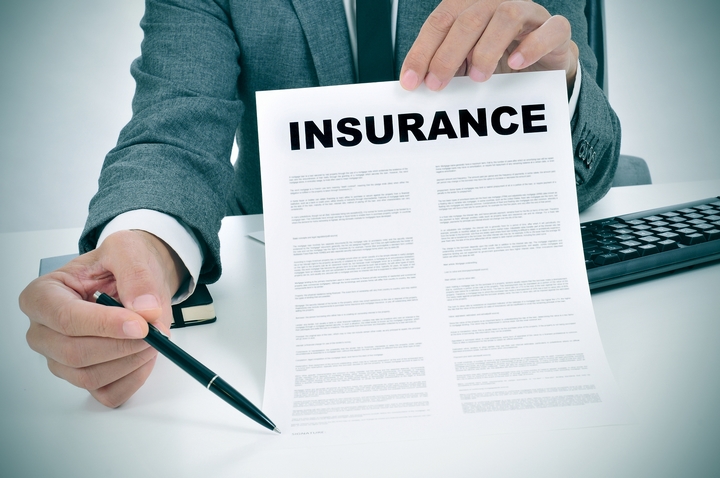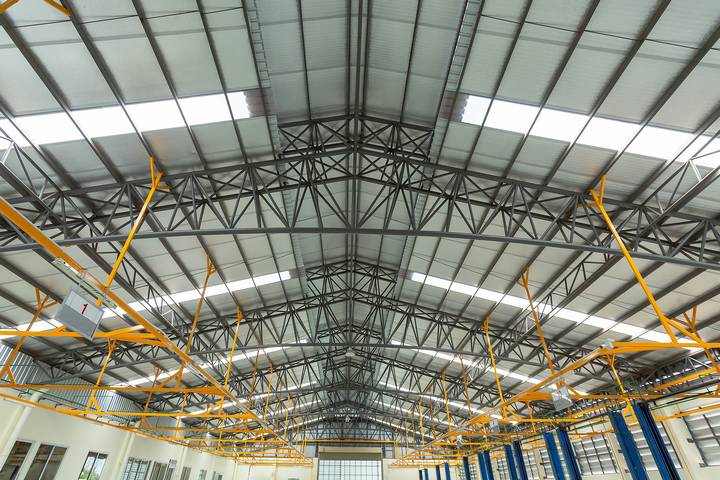Protect your small business with the right insurance. Insurance is about protecting your company’s financial well-being, covering your work, and potentially shielding you, your partners, or your employees from personal liability. While, to some, insurance can seem like an extensive discussion that is not overly exciting, businesses are well advised to consider what they need to minimize the risks that they may be facing daily.
Here are the types of insurance a business is recommended to have.
1. Business Interruption Insurance

A natural disaster can strike at any time. Business interruption insurance will keep your business afloat after suffering major losses in the event of a naturally occurring disaster. It can aid with covering expenses, payroll, and more.
If your business faces unique risks related to possible shutdowns or if there could be consequences in the event of unplanned interference, consider the benefits of business interruption insurance.
2. General Liability Insurance
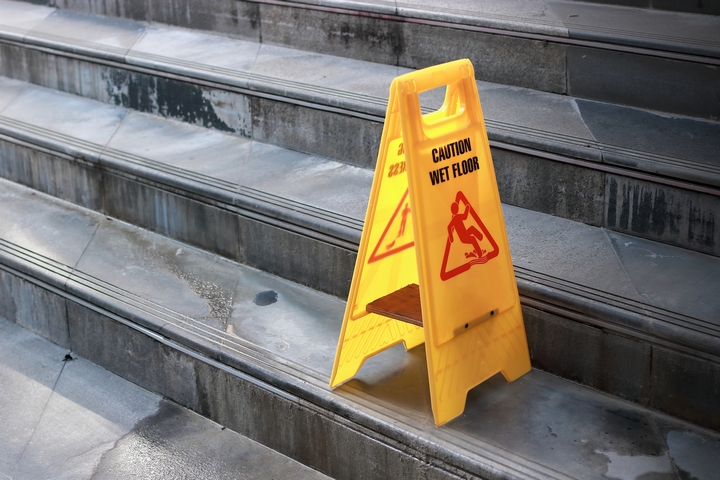
Commercial general liability insurance is a type of insurance any and every small business should have. It is useful when you offer professional services, own a retail store, are a contractor or tradesperson, or whatever your business may be.
This type of business insurance protects against several fairly common liabilities in the form of bodily injury claims and property damage.
3. General Liability: Bodily Injury Insurance

Ensure you have bodily injury coverage. If some form of negligence injures a third party, even if it was not the business’s fault, a business can be sued if the incident happened on their property. Bodily injury insurance ensures you are not financially responsible for expenses related to a person’s pain and suffering, medical bills, lost wages, legal fees, and more.
4. General Liability: Property Damage Insurance

If your business is responsible for damage to a third party’s property, it could not only damage your reputation in the community but be costly to resolve. Property damage insurance is generally covered under general liability insurance, ensuring that any lawsuits relating to product damage or property damage are effectively passed on to insurance to handle.
5. Equipment Breakdown Insurance

Every business uses some sort of equipment to produce products or services. If this equipment malfunctions or suddenly stops working, it interrupts daily operations and business profitability. Equipment breakdown insurance aids with covering repairs and replacement costs, ensuring that you don’t have to worry about how you’re going to pay for a necessary repair on equipment that you need to work for your enterprise.
6. Cyber Risk Insurance

Cyber risk insurance, or cyber liability insurance, protects you if there is a cyber attack, breach, or hack. Nearly half of all small businesses have no defence against a cyber attack. Even so, they’re being targeted. Cyber risk insurance covers the costs associated with a data breach. It can help pay for a cyber attack investigation, crisis communication services, legal services, and any customer refunds that need to be provided.
7. Commercial Property Insurance
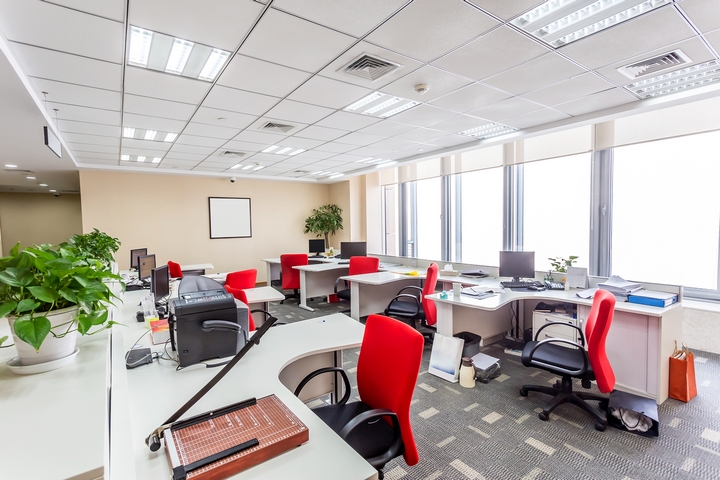
If your business operates out of a property, you want to protect the building and assets. Commercial property insurance can fund the repair or replacement cost of equipment, inventory, furniture, computers, and electronics. It can also extend to landscaping, fencing, and exterior property features.
8. Product Liability Insurance
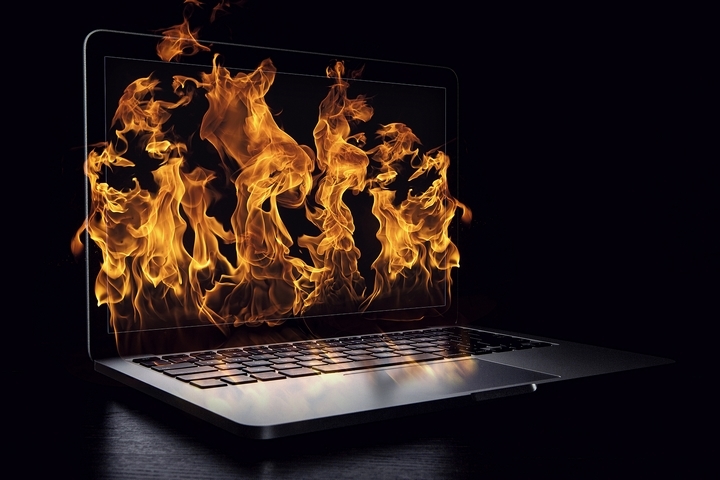
For small businesses that produce products, situations may arise where a product is faulty, causes a bodily injury to a customer, causes property damage, or causes illness. Without product liability insurance, your business is responsible for any issue like this. This is essential insurance. Protect yourself in the face of possible product liability claims.
9. Professional Liability Insurance
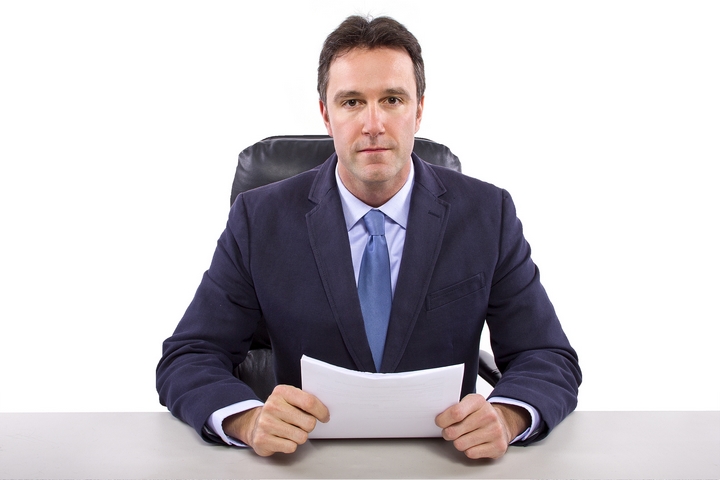
If you don’t sell products but sell services, those services can potentially lead to financial losses for a third party, such as if you were to miss a deadline or provide services in a way that is not safe. Professional liability insurance covers graphic designers, web designers, accountants, IT technicians, financial advisors, and similar contractors.
10. Professional Indemnity Insurance

Professional indemnity insurance is sometimes included under the definitions of professional liability insurance. Professional indemnity insurance will protect you if you ever make a mistake in your work, breach confidentiality, infringe upon a copyright, or directly or indirectly cause a client to lose money. Many professional bodies require this type of insurance for their members, such as those in law, financial advice, accountants, and healthcare.
11. Commercial Auto Insurance
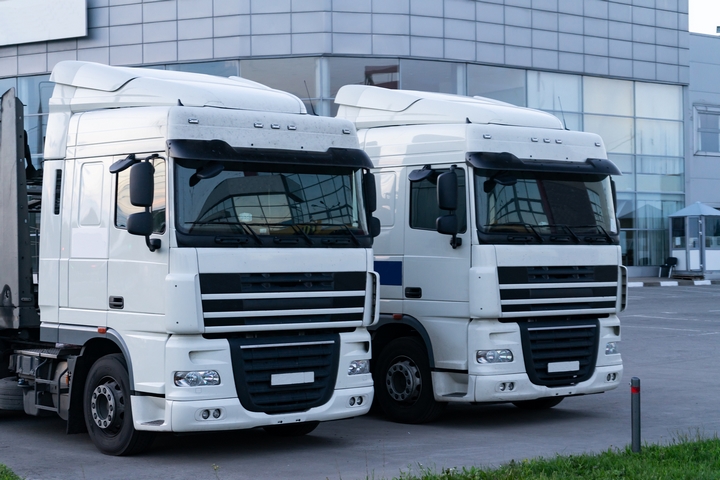
Suppose you have a fleet of company vehicles or are transporting products or assets for your business in a personal vehicle and encounter an accident. In that case, a personal auto insurance policy will not cover damage to products, equipment, and business assets. For that, commercial auto insurance is a requirement. It’s necessary if you do deliveries, travel between job sites, or travel for work regularly.










